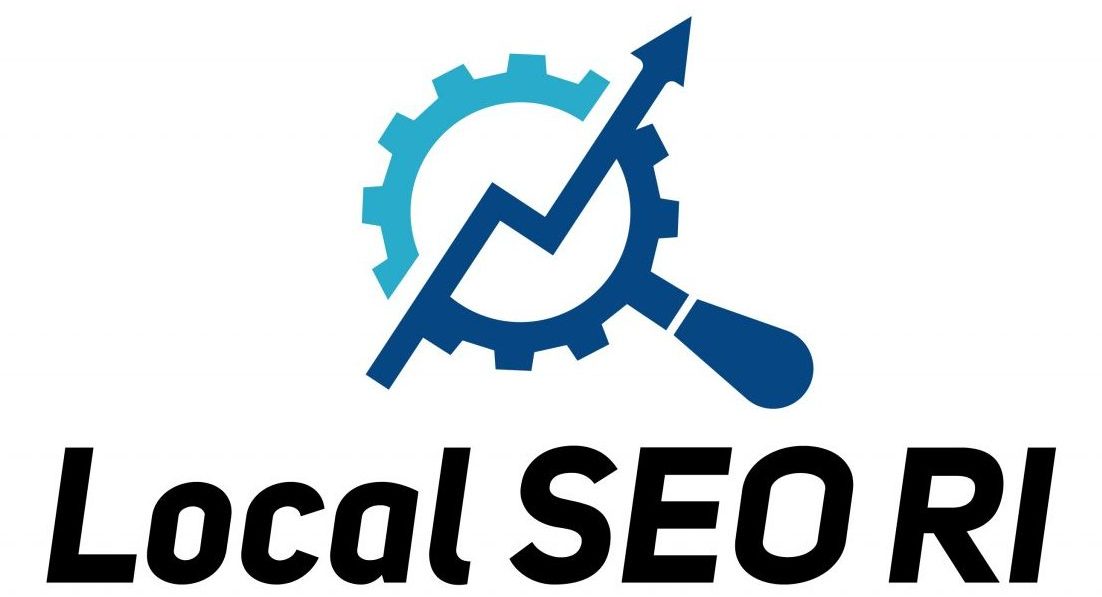
Web Audit is a full analysis of all the determining factors and components that affect the visibility of a website in search engines. This is a method that gives complete insights into a website’s individual pages and overall traffic. Web Audit is usually solely for marketing. The aim is to point out the weak points in search campaigns that affect the website’s performance.
Auditing your website starts from a general analysis aimed at disclosing the actions needed to improve your website’s Search Engine Optimization. A host of tools offer recommendations and opinions on how to improve the website’s rankings in search results that are capable of including onsite and offsite Search Engine Optimization audits such as HyperText Markup Language validation, website information and statistics, broken links, error pages, site speed, meta descriptions, and even indexed pages. Web Audit is important for online businesses because it upgrades different aspects of the website.
Importance Of Web Audits
There are lots of reasons to audit your website. But in most cases, content marketing and Search Engine Optimization are usually the main reasons. Auditing websites for Search Engine Optimization helps in discovering weak spots of the website’s Search Engine Optimization score. It also helps in understanding the state of the website’s Search Engine Optimization.
More importantly, auditing content helps in analyzing the website’s engagement and the changes that you should make to the content strategy to improve the website’s performance.
Types Of Web Audits
There are various types of website audits. They include the following;
Health Audits
This audit analyzes the overall health of the website and reveals the issues that require attention immediately.
Competitive Site Audits
This monitors all the gaps and opportunities for a website’s promotion. It detects the strengths and drawbacks of competitors.
Technical Search Engine Optimization Audits
This is often associated with crawling the entire site. It starts by reviewing the site’s contents, layouts, structures, and more importantly, its adherence to important web practices.
Red flags and recovery audit
This analyzes a website for impending issues about the website and metrics when there is a foreseen situation that could resolve algorithmic penalties.
Conversion optimization audit
This accesses a website for possible technical issues and onsite conversion problems.
Security audit
This accesses a site for potential vulnerability attacks and issues such as high-risk verticals and potentially high-value sites.
Every one of these audits can sometimes form a part of the same audit. Each one is created to ensure that you have very powerful and reliable systems in place. It shows the unknown issues that can pull your site down, suggests what you should do, and informs you about what’s working well and what’s not working. It also gives practical recommendations and thorough insights into what your site needs to prioritize more. Every website audit usually starts with a site health audit.
A Great Idea For Your Website
I highly recommend that you run a web audit to identify any site-related issues. This will help in determining if your website is fully optimized for organic search engine traffic, has issues with links or files as well as tell you the actual status of the content.

